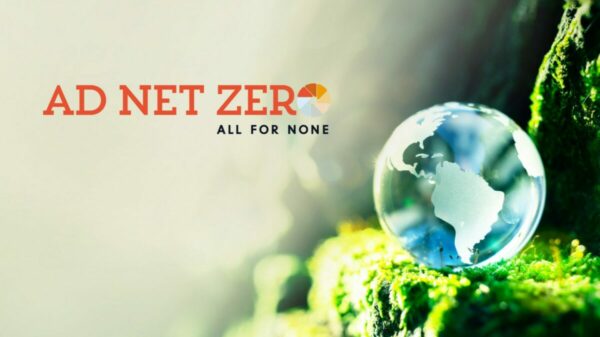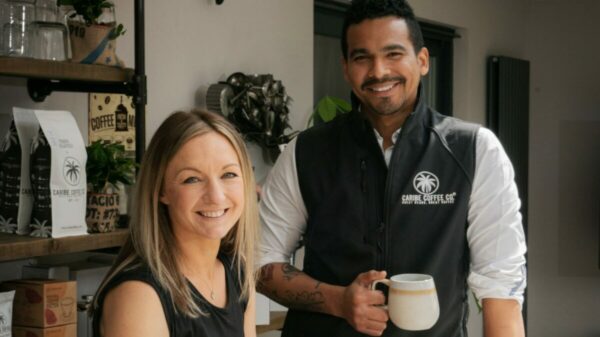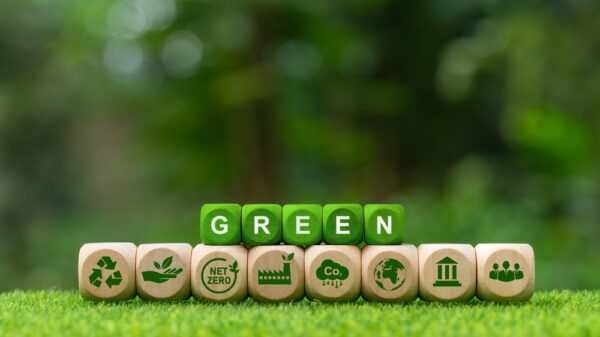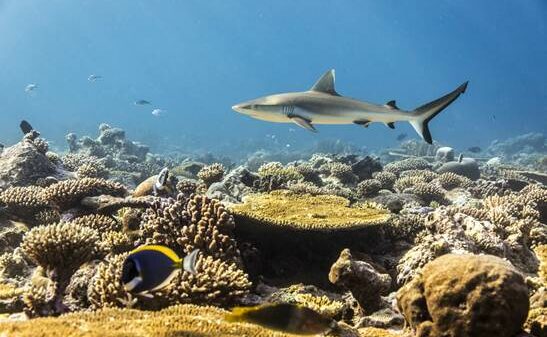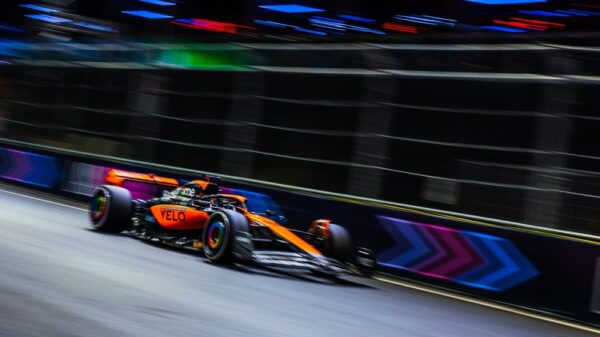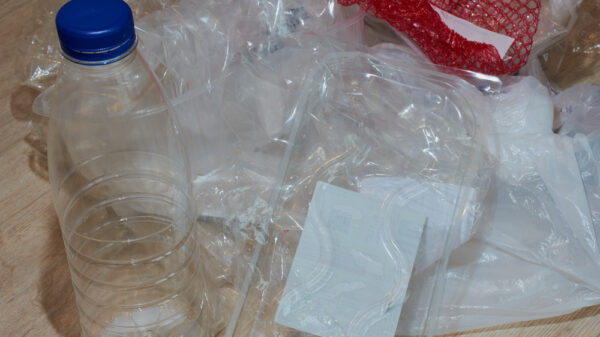Coca-Cola, Nestlé and Unilever have been named the world’s top 3 corporate plastic polluters from a report by Break Free From Plastic.
PepsiCo, Coca-Cola and Nestlé have consistently been in the top four global plastic polluters every year since auditing began six years ago.
Over the course of 2023, more than 500,000 pieces of plastic waste were collected and audited from almost 7,000 brands.
This year, Coca-Cola came top with the Break Free from Plastic counting over 33,000 pieces of plastic items.
Second came Nestlé with 9,931 pieces of plastic and Unilever third with 4,485.
Subscribe to Sustainability Beat for free
Sign up here to get the latest sustainability news sent straight to your inbox everyday
Unilever’s plastic polluted money
In November 2023, a Greenpeace report found Unilever sold 1,700 single-use plastic sachets every second.
Shortly after Greenpeace planted a redesign of Dove’s branding outside Unilever’s London headquarters, slamming the company for its use of single-use plastic.
Campaigners again scaled the company’s headquarters today (7 February 2024), erecting a huge sign reading ‘PROFIT WARNING – Plastic Polluted Money’.
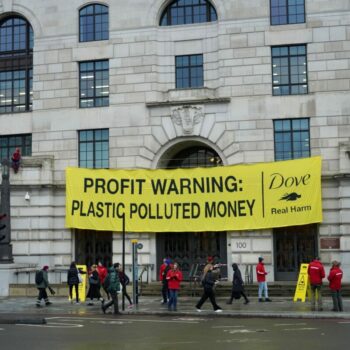
Greenpeace head of plastics Nina Shrank said the FMCG’s profits are “drenched” in plastic pollution.
“Brands like Dove might give them a clean public face and a healthy bank balance but the truth is the billions in profit Unilever will announce tomorrow is matched only by the billions of pieces of plastic they flood into the world.
“From devastating floods to toxic fire fumes, it’s communities far from their London HQ in places like the Philippines and Indonesia who are paying the price of plastic pollution.”
Shrank accused Unilever of “profiting from plastic pollution” and warned that “they have to change”.
“They must stop selling plastic sachets now, commit to phasing out single-use plastic within a decade and advocate for this same level of ambition at UN Global Plastics Treaty negotiations,” she added.


